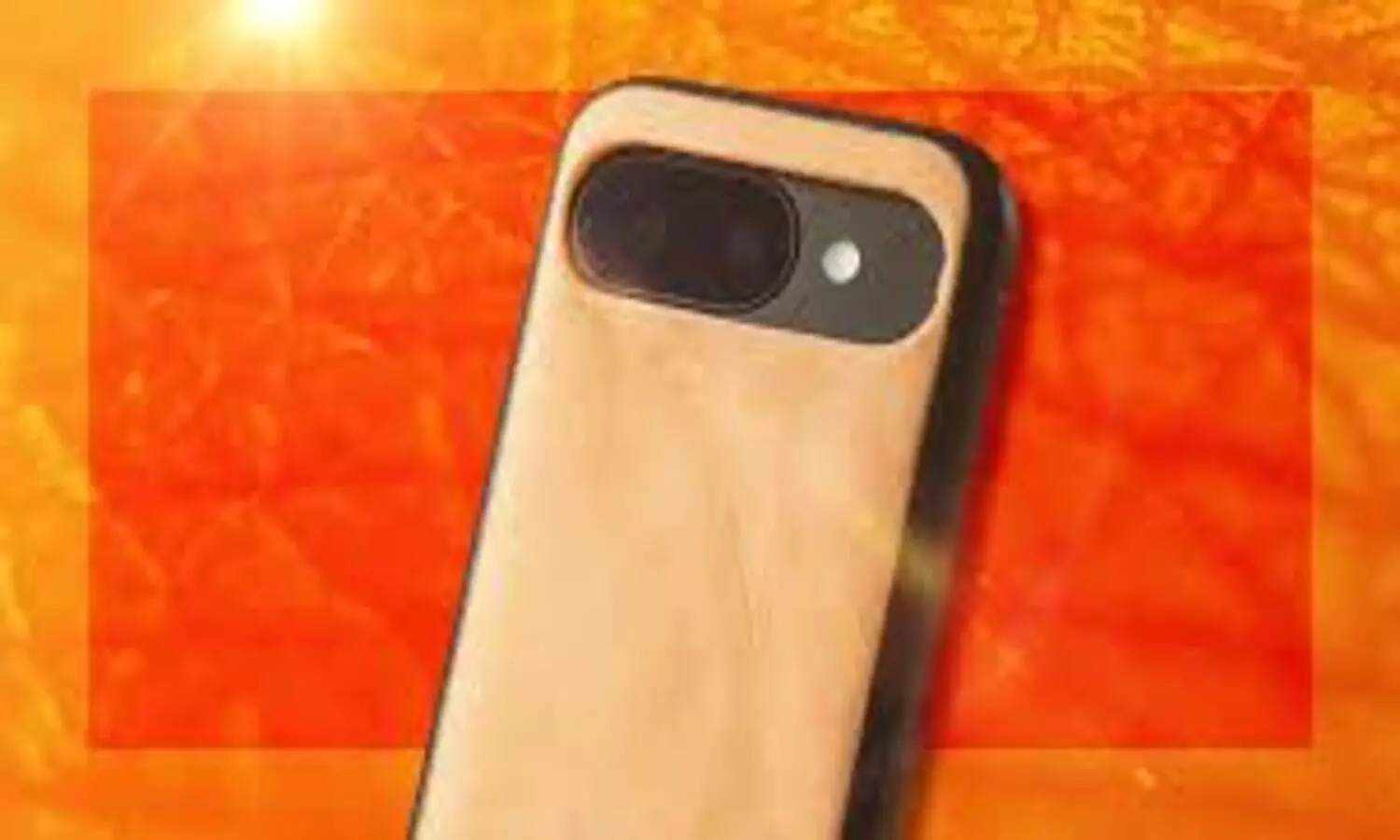This Phone Case Turns Red in Sun—Just Like Your Skin Does
New Skincase mimics human skin and changes color in UV light. It warns users of sunburn risks by reacting like real skin in direct sunlight.
image for illustrative purpose

A United Kingdom-based firm has developed a phone cover that visually reacts to sunlight, replicating the appearance and behavior of human skin when exposed to UV radiation.
The product, named "Skincase," is a collaborative project between French researcher Marc Teyssier and Virgin Media O2. It aims to raise awareness of sun exposure by highlighting the frequency with which individuals interact with their smartphones during peak UV hours, often neglecting to reapply sunscreen.
According to a statement from Teyssier, the goal is to connect the digital realm with physical health consciousness. The synthetic cover changes color in sunlight, simulating sunburn. The design integrates silicone and UV-sensitive compounds, producing a texture and response that closely resembles natural skin.
"We wanted to show how technology can engage people in their own health habits," said Teyssier, who has previously developed other touch-sensitive synthetic skins.
The Skincase includes hand-carved wrinkles, and 3D printing was used to shape its contours. It is available in three tones, each engineered to shift color when subjected to ultraviolet rays.
Chris Hindennach, Chief Commercial Officer at Virgin Media O2, said the cover was designed to illustrate real-time UV exposure risks, especially relevant for mobile users while on vacation. He emphasized the cover's role in promoting sun safety.
Although the case is still in the prototype phase and not available for retail, it reflects ongoing research into tactile and responsive technology. Teyssier has a history of creating interactive devices, including a 2019 project that allowed smartphones to respond to touch with lifelike reactions.
The Skincase prototype adds to growing interest in wearable tech that supports health-focused behavior. For now, its main utility lies in spreading public awareness rather than commercial use.

